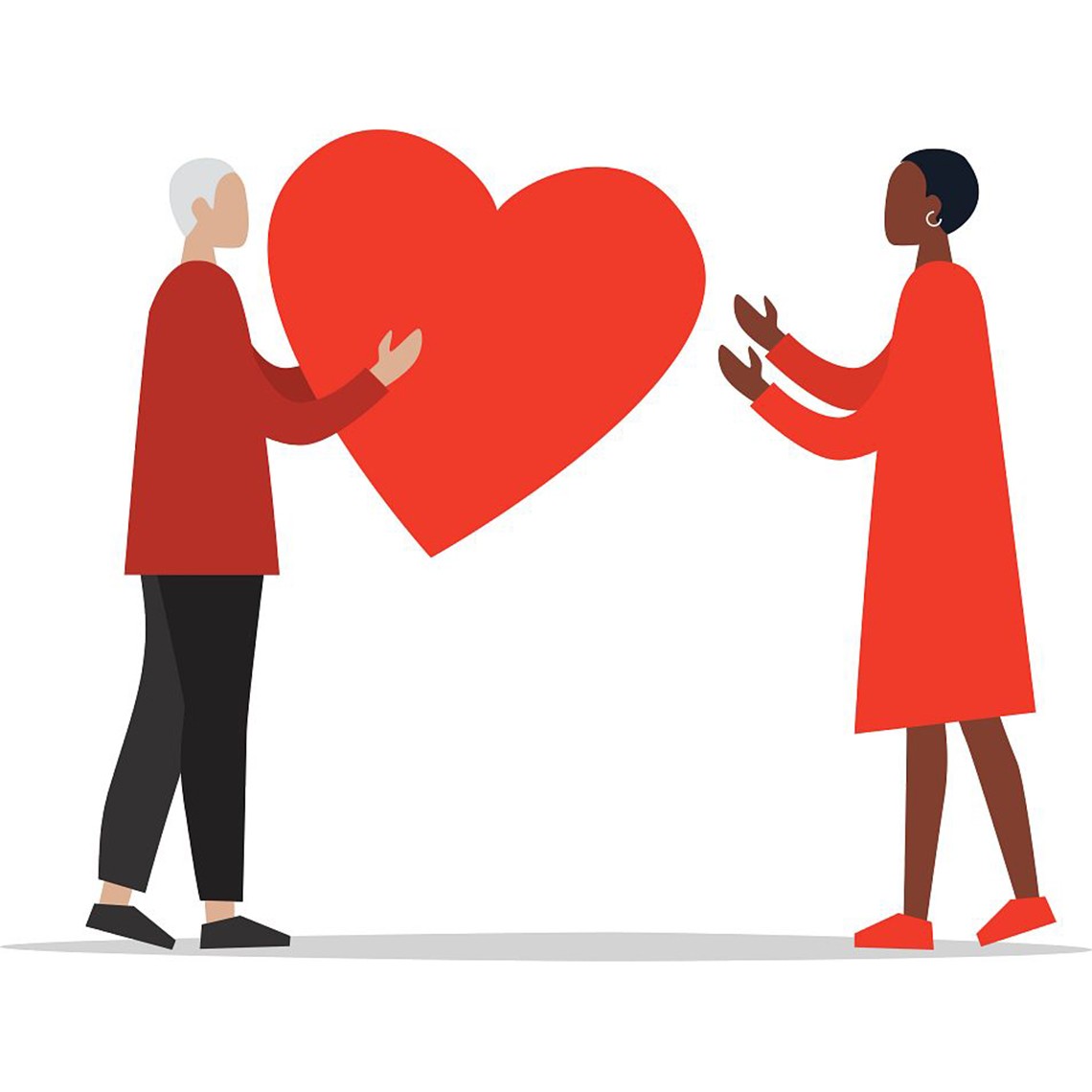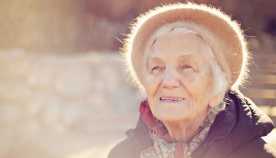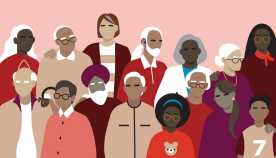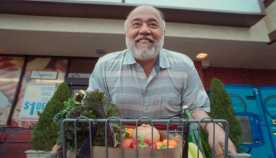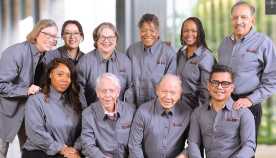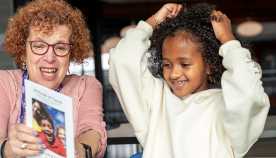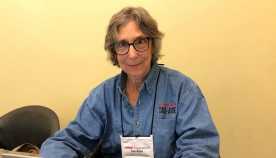About Us

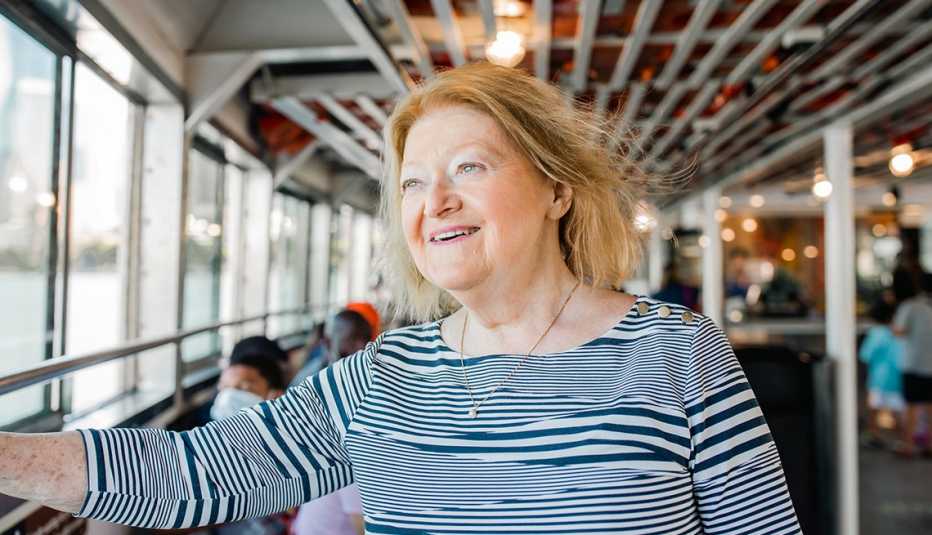
Sharon Justis comes from a family that believes in opportunity.
Her great-grandfather Giuseppe left his hometown in northern Italy at age 30, seeking opportunity in the United States. His wife Emilia and their daughter Janetta stood alongside him on the deck as their ship approached New York Harbor in 1911.
Their ultimate destination: Sonoma County, California, which was similar in terrain and climate to their native region. The area attracted large numbers of northern Italians who brought their winemaking techniques with them. After settling in the town of Healdsburg, which Sharon says was “like a Little Italy,” Giuseppe found opportunity at the nearby Italian Swiss Colony Winery, where he assisted in making wine — “a perfect Italian thing,” Sharon says with a laugh.
As a child, Sharon and her family often traveled to Healdsburg from their home in Sacramento to visit her grandmother — Giuseppe’s daughter — and her grandfather Stefano. She listened raptly as Janetta described catching sight of that most celebrated symbol of opportunity, the Statue of Liberty, on her arrival in New York. Only 5 years old at the time, Janetta had burst into joyous laughter, jumping up and down and waving a tiny American flag.
More than a century after that moment, Sharon, now 75, would walk the same path on Ellis Island that her grandmother walked, visiting the corridors and rooms where Janetta got her first taste of America. That extraordinary opportunity came about through Wish of a Lifetime from AARP, which sent Sharon, her son Michael, and his wife Allison to New York City in September so she could retrace her family’s steps.
“When we got in there, they handed me this beautiful, big portfolio with all the information in it,” says Sharon, who had never seen any of her family’s immigration and naturalization documents. “It was just amazing to see their journey.”
The Gold Standard
Sharon’s own journey began at Sacramento’s Mercy Hospital, where she would later spend much of her working life as a licensed clinical social worker for Dignity Health, the largest not-for-profit hospital provider in California. Licensing for clinical social workers was fairly new at the time, but Sharon pursued it because she “had a feeling that might be the gold standard one day for hiring and for other opportunities.”
More opportunities followed: marriage, motherhood, and eventually retirement in 2014. Four years on, she was ready for yet another opportunity.
“I was looking for something to do to give back to the community, and I saw an ad in the Sacramento Bee,” she remembers. “And I said, ‘That’s something I might interested in.’”
The “something” was AARP Foundation Experience Corps, a community-based volunteer program. With support from UnitedHealthcare, Experience Corps engages highly trained volunteers over 50 as tutors and mentors to help students become better readers by the end of third grade. The program puts a special emphasis on serving diverse populations in underserved communities.
After attending an introductory Experience Corps seminar in Sacramento, Sharon says, “I was sold. I enjoyed the people that I met, and I decided right then that I wanted to sign up.”
Currently in her fifth year as an Experience Corps volunteer at Sacramento’s Martin Luther King Jr. K-8 School, Sharon has tutored first and second graders in person and, because of the pandemic, virtually. Regardless of where she connects with her students, though, what continues to appeal to her is the way the program is structured to build fluency, accuracy, and comprehension skills.
“It starts at a certain place with certain books, and then we move up through the books as the children improve their reading,” she explains. The assistance she provides is not unlike what she imagines her grandmother received as a young girl, newly arrived in America.
A Different Approach
Tutoring also enables Sharon to keep using what she learned over many years as a clinical social worker. Pre-pandemic, one student in particular was disengaged and repeatedly acted out. He seemed determined to force her to remove him from her group — an action she and his teacher considered but Sharon rejected.
“I said, ‘No, I think that's what he wants,’” she remembers. “And if it keeps happening, he's going to have permission to behave that way with anyone who tries to teach him anything. He's going to keep doing it.” So she decided to try a different approach.
“I talked to him privately and I said, ‘If I see you laying on a desk, I'm gonna tap your wrist to remind you to sit up straight,” Sharon says. “I did that with him the whole year, and he did very well. Smart little cookie! He progressed in his reading, and his teacher noticed he was better in class, too.”
Now that COVID-19 restrictions on in-school tutoring have been lifted, Sharon says, “I get to go back in the classroom. I’m really excited.” Asked what she would say to a potential Experience Corps volunteer, she again emphasizes opportunity.
“I would tell them that they could help a child succeed. That’s why I love this program so much.”
Learn more about AARP Foundation Experience Corps and how to become a volunteer.
Read more stories about how our programs have helped people find hope, and about the volunteers who give so much of themselves to help others.
